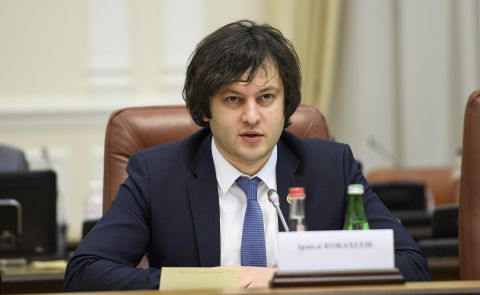
Strategy Aghmashenebeli Joins United National Movement Parliamentary Boycott
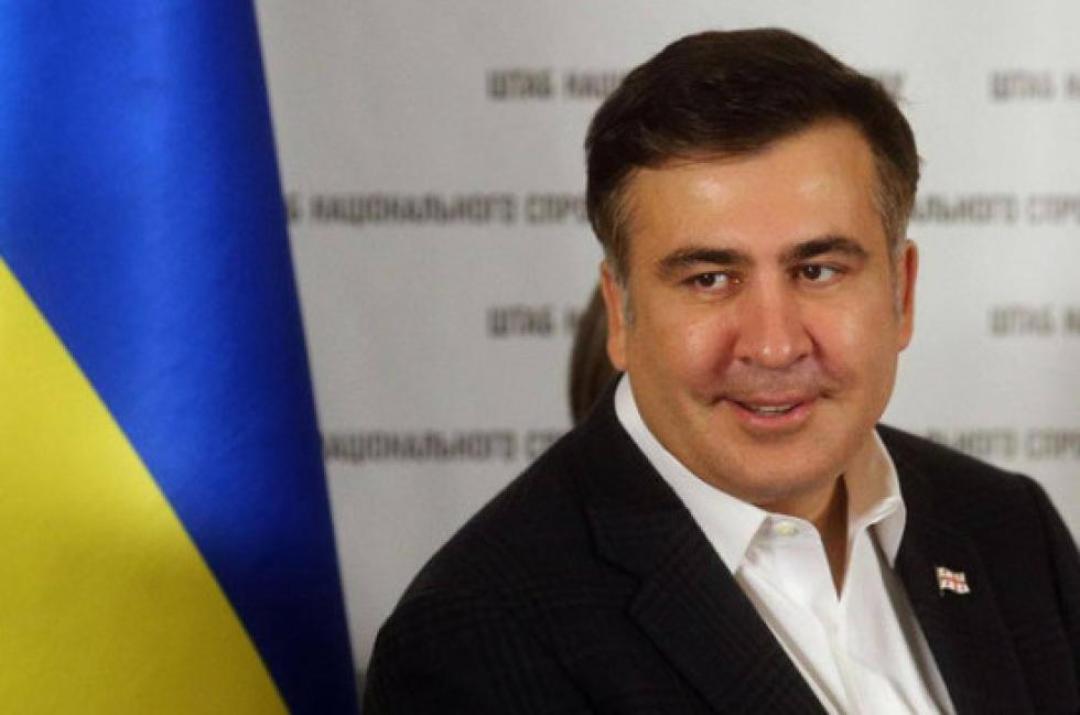
The United National Movement (UNM) launched the parliamentary boycott on February 7. The Strategy Aghmashenebeli party and independent MP Tako Charkviani have supported it.
Paata Manjgaladze, a member of the Georgian parliament from Strategy Aghmashenebeli, declared that there was no way to work with Georgian Dream after the court found Saakashvili guilty of 'murder.' He claimed that the Georgian Dream was the most radical group because they were killing people, which is a radical action. He also stated that his party supports the creation of a united opposition front and that Strategy Aghmashenebeli will continue to fight on his own if this front does not come together.
Tako Charkviani stated that given the current state of affairs in the nation, she has decided to join the boycott called for by the UNM to avoid a more serious altercation. "I have always believed that a protest's manifestations are its most crucial component. Humanity has not created anything else," she said.
Notably, after the City Court judge rejected Mikheil Saakashvili's request for a sentencing delay on February 6, Levan Khabeishvili, the newly elected United National Movement (UNM) Chairman, stated, "Starting tomorrow, United National Movement stops its legislative activity."
Georgian Dream Criticizes Decision; Controversy Within UNM
Irakli Kobakhidze, the Chairman of the Georgian Dream (GD), stated, "Neither inside nor outside the hall can they contribute to the benefit of the country," adding that for the GD, it is of no critical consequence where the UNM will be. "We will keep acting by our agenda," Kobakhidze added.
The Lelo party also criticized the boycott. According to MP Salome Samadashvili, announcing a parliamentary boycott is not productive for the work of the parliament. She added: "From a political point of view, including Mikheil Saakashvili's health and life, this boycott will be useless."
Nika Melia, the former Chairman of the United National Movement, stated, "The temporary suspension of parliamentary activities will not be effective in this case."
Melia explained, "Being in the boycott mode only comforts the ruling party. We must act with a correct perception of reality and a pragmatic plan to get results. The temporary suspension of parliamentary activity cannot be effective in this case. If the party remains in the Parliament, the MPs have to fight inside the building, creating discomfort. If the party leaves the Parliament, it should leave, and parliamentarians should join the fight outside the Parliament."
"By being in the boycott mode, we create comfort only for the ruling party," Melia concluded.
See Also

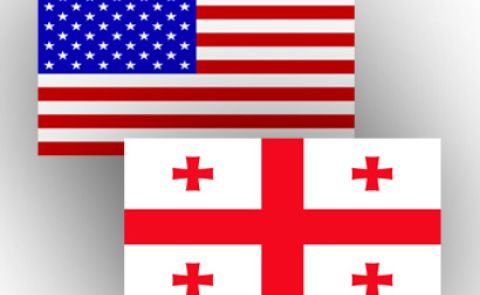
Kobakhidze Meets US Senator Daines to Discuss Bilateral Relations
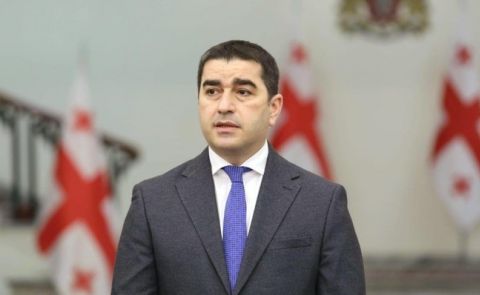
Georgian Speaker Condemns Embassy Travel Warnings as Economic Attack
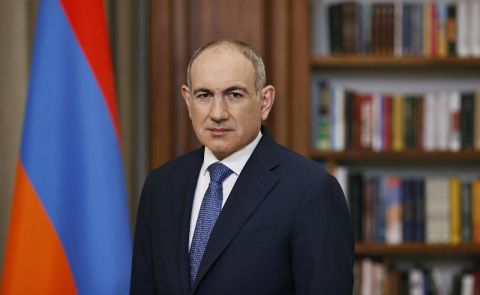
Political Crisis Deepens Between Armenian Government and Apostolic Church After Pashinyan’s Remarks
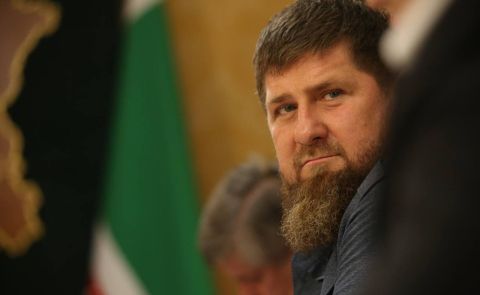
Ramzan Kadyrov Awards Title to Ingush Businessman

